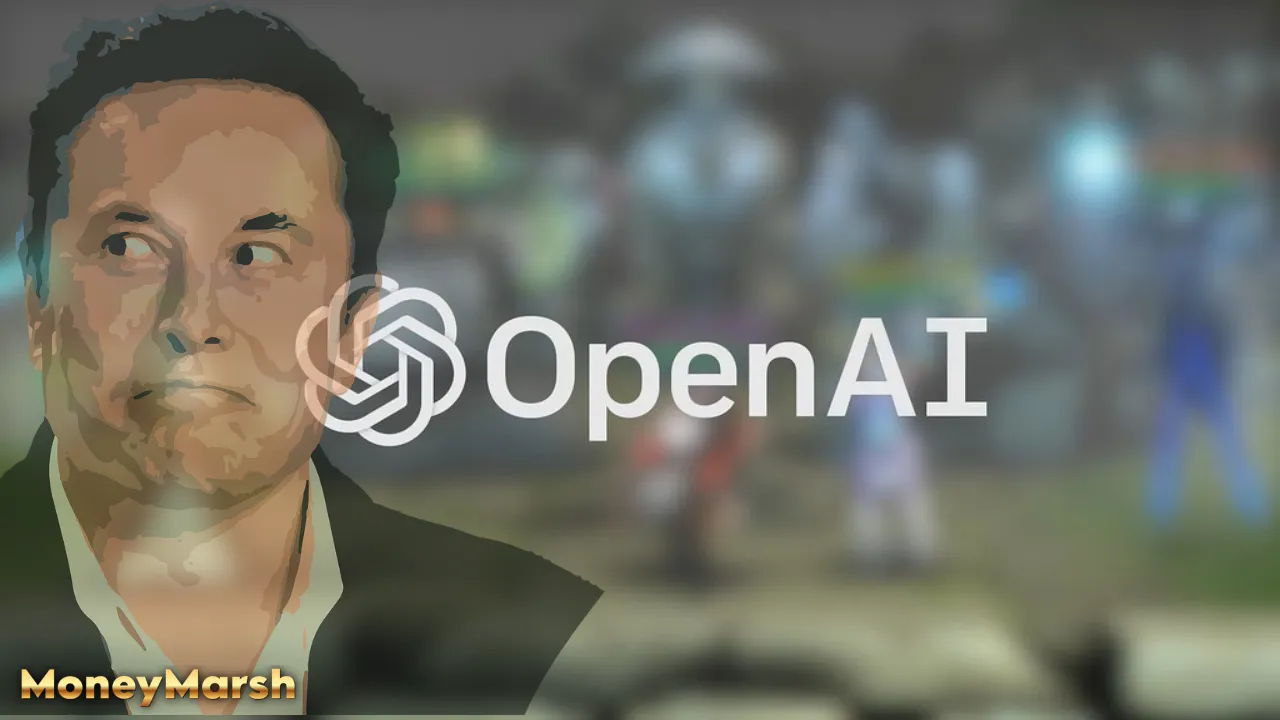Over the years, OpenAI’s mission has evolved in response to the changing landscape of AI research and development.
Originally focused on advancing AI for public good, the organization has increasingly emphasized the importance of AI safety and ethics, reflecting broader industry trends and emerging challenges in the field.
OpenAI swiftly responded to Elon Musk’s allegations that the creator of ChatGPT had strayed from its original mission of advancing humanity’s welfare and prioritized profit over purpose. In a resolute stand, OpenAI pledged to refute Musk’s lawsuit and defend its principles.
This exchange marks the latest development in the ongoing dispute between the San Francisco-based AI firm and the influential entrepreneur who played a pivotal role in its inception.
Musk’s lawsuit against OpenAI raises important legal and ethical questions surrounding intellectual property rights and corporate governance in the AI industry. The outcome of the dispute could have far-reaching implications for AI research and development, shaping future collaborations and investment decisions.
In a recent blog post authored by five key figures within OpenAI, including CEO Sam Altman, the organization reaffirmed its commitment to its founding ethos. They emphasized OpenAI’s core objective: ensuring that the advent of artificial general intelligence (AGI) translates into widespread benefits for society while upholding safety standards.
For clarity, AGI denotes artificial intelligence systems capable of performing a broad spectrum of tasks at a level comparable to, or surpassing, human capabilities.
Musk’s legal action alleges that during his initial financial backing of OpenAI’s launch, he secured an agreement stipulating the organization would remain a non-profit entity dedicated to developing technology for public good.
In his lawsuit, Musk accuses OpenAI of breaching this agreement and seeks legal recourse in the form of an injunction. This injunction aims to prevent any entity, including major investor Microsoft, from profiting financially from OpenAI’s technological advancements.
OpenAI clarified that both the organization and Elon Musk acknowledged the necessity for transitioning into a for-profit enterprise. They provided screenshots of email exchanges between Musk and OpenAI leadership, illustrating discussions regarding this transition, albeit without reaching a consensus on terms.
In characteristic fashion, Musk responded to the proposal with a succinct suggestion on Wednesday via X, the social media platform formerly known as Twitter: “Change your name.”
Adding a touch of humor to the discourse, Musk shared a laughing emoji in response to a suggestion from a user that OpenAI should humorously be renamed “OpenEmail.”
As one of the earliest investors in OpenAI upon its establishment in 2015, Musk held a prominent position as co-chair of its board alongside Altman. His lawsuit claims he injected “tens of millions” of dollars into the venture.
However, OpenAI countered this assertion, stating that while Musk’s investment amounted to less than $45 million, the organization had garnered over $90 million from other benefactors.
The company explained that by 2017, its leadership recognized the immense computational resources required for advancing artificial general intelligence (AGI). It became evident that achieving their mission necessitated substantial capital investment—on the order of billions annually—far surpassing what could be raised as a non-profit entity, according to OpenAI.
Industry experts and stakeholders have expressed diverse perspectives on the dispute between OpenAI and Elon Musk.
While some view Musk’s lawsuit as a necessary step to uphold the organization’s original mission, others argue that OpenAI’s transition to a for-profit model is essential for achieving its long-term goals.

